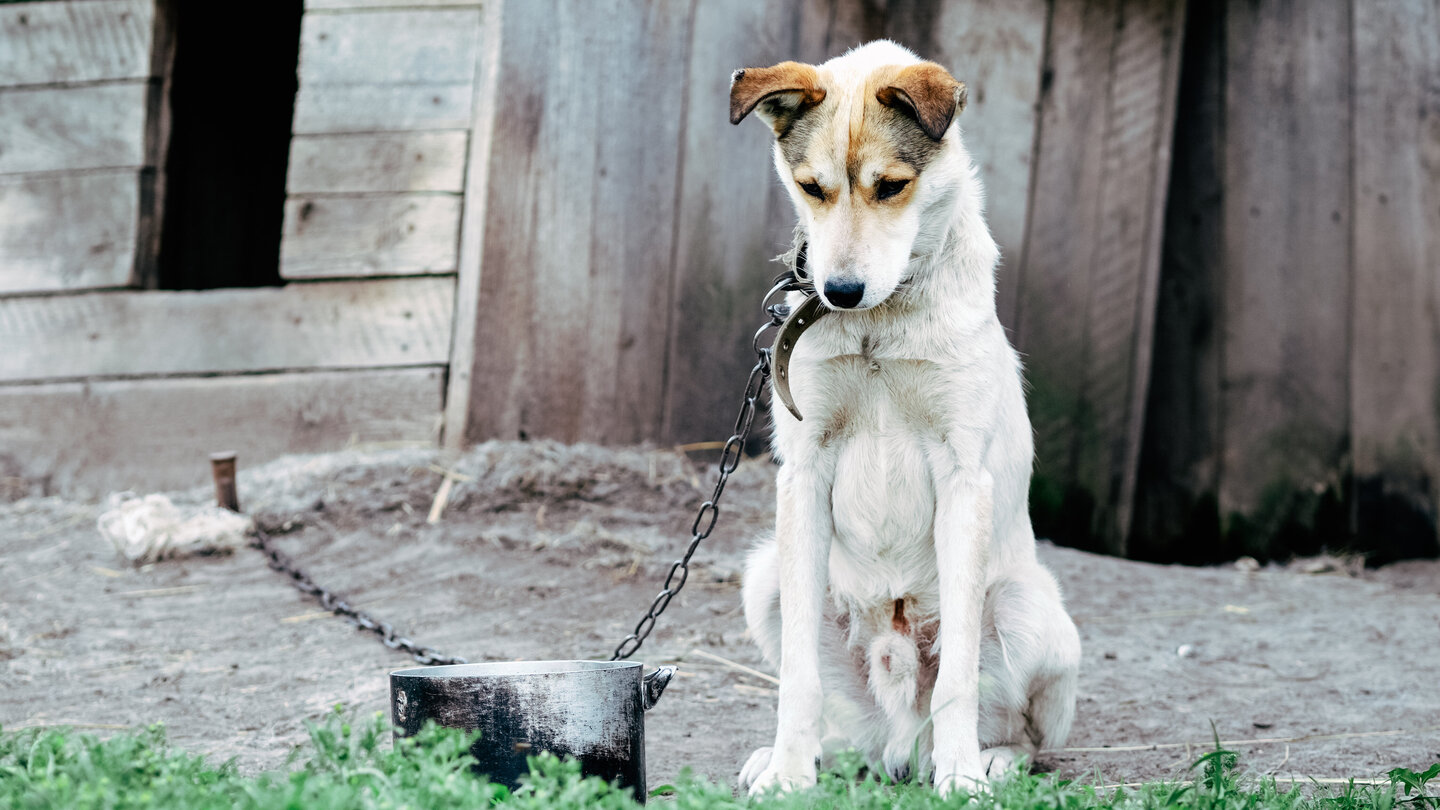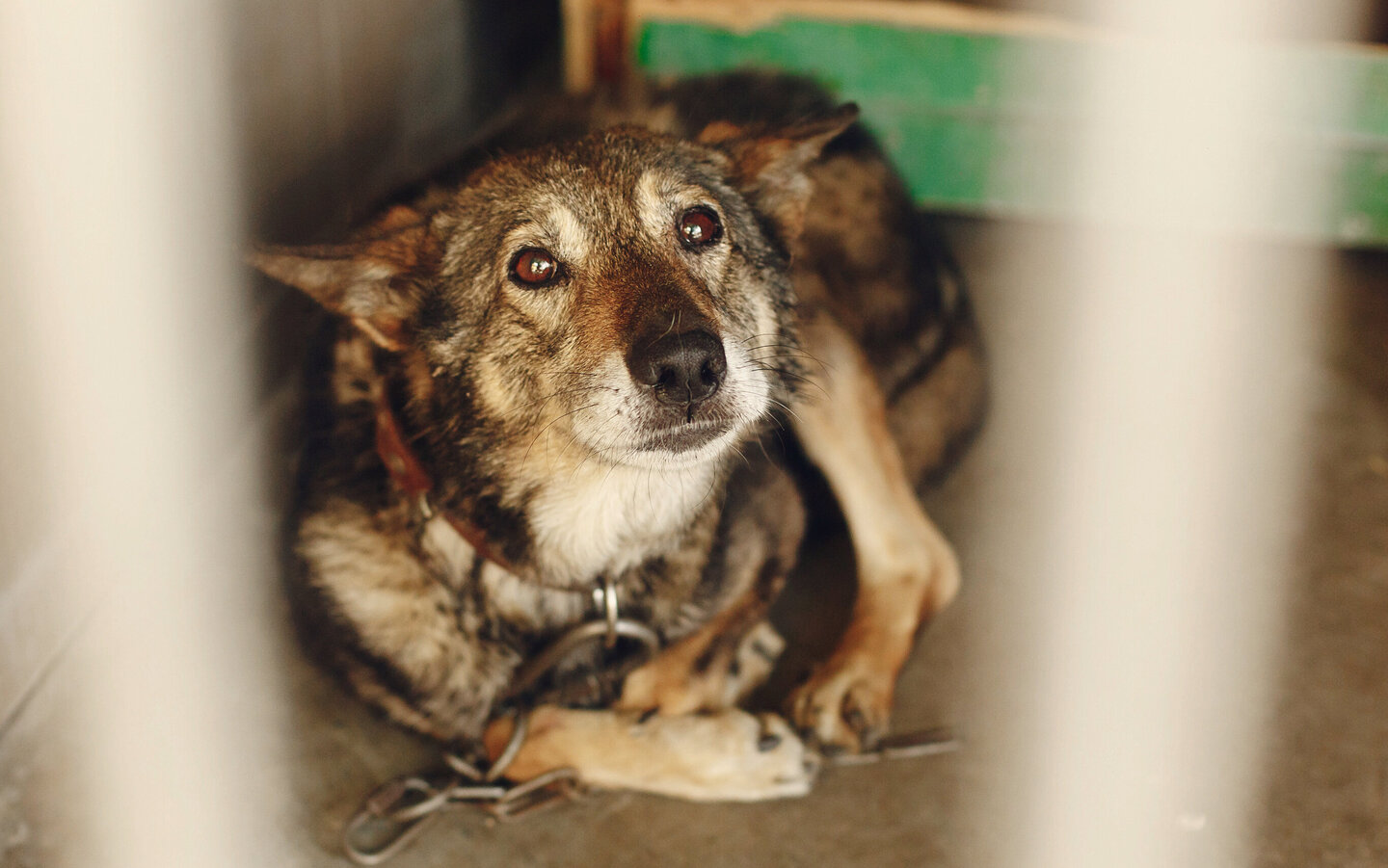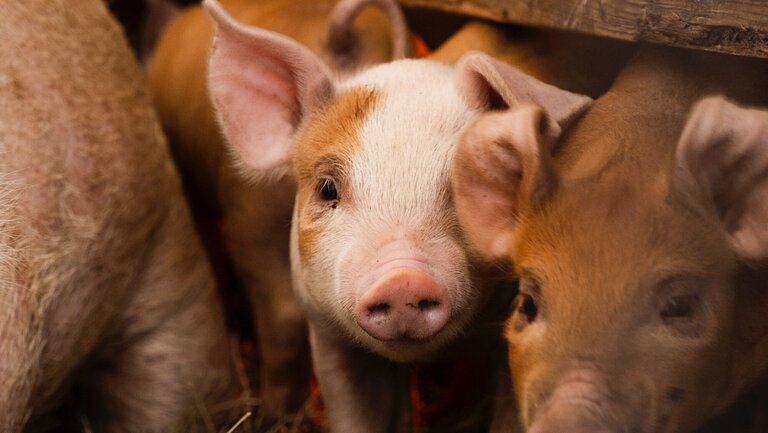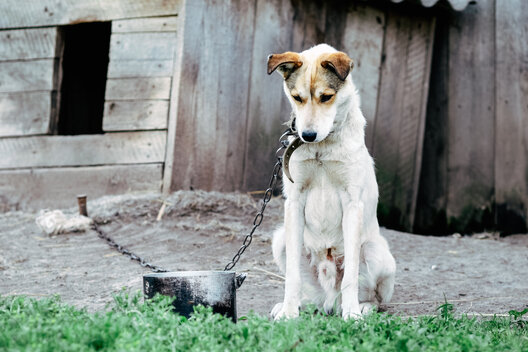How animal cruelty is punished in lawAnimal Welfare Act - Important questions & answers
Animals have no voice and are unable to defend themselves against cruelty to animals, painful husbandry and brutal death at the hands of humans. The Animal Welfare Act1 is intended to regulate our treatment of them, but raises many questions, not only among laypeople, and is currently being revised by the German government. You can find the answers here.
What does the Animal Welfare Act regulate?
The Animal Welfare Act requires us humans to protect the "life and welfare" of animals. "No one may cause pain, suffering or harm to an animal without reasonable cause" (Section 1 TierSchG, principle). According to this law, anyone who keeps an animal must ensure that it is fed, cared for and housed in a way that meets the needs of its species (§§ 2, 2a).

What is cruelty to animals?
Surprisingly, the Animal Welfare Act does not explicitly mention the term "cruelty to animals". However, it does explain when people can be punished for which offenses against animals. This is the case if someone "kills a vertebrate animal without reasonable cause or inflicts considerable pain or suffering or prolonged or repeated considerable pain or suffering on a vertebrate animal out of cruelty" (Section 17 TierSchG).
How is cruelty to animals punished?
Cruelty to animals is punishable by up to three years in prison. Courts can impose this maximum penalty if someone deliberately tortures animals and completes the act, i.e. does not "just" intend to do so. A fine is also possible, as is a ban on keeping animals in the future. However, courts do not only punish people who actively torture animals. People who do not help sick or injured animals can also be prosecuted. These people can be sentenced for cruelty to animals by omission, just like people involved in accidents who hit an animal with their car. If it is "possible and reasonable" for them to do so, they must help. This includes, for example, taking an animal to a veterinary practice or calling for medical help. People who own, keep or care for animals are particularly obliged to look after their pets.
Which animals are subject to the Animal Welfare Act?
The Animal Welfare Act applies to all animals, including invertebrates such as insects, crabs, jellyfish and squid. However, the text of the law makes distinctions and protects animals of different groups or classes to varying degrees depending on the context. Most of the individual provisions - special regulations in the legal text that deal with specific cases, behaviors or offenses in more detail - only apply to vertebrates such as dogs, cats or monkeys.
Is an animal legally a thing?
Animals are not things . This is clearly regulated in the German Civil Code (§ 90 a BGB): Animals are fellow creatures that feel pain and suffering. That is why they are protected by special laws such as the Animal Welfare Act. No one may inflict avoidable pain, suffering or harm on an animal without reasonable cause (§ 1 sentence 2 TierSchG ). Nevertheless, there are still cases in which they are assessed as objects. For example, injuring an animal is not only punishable under the Animal Welfare Act, but also constitutes damage to property under Section 303 of the German Criminal Code (StGB). It is also permitted to buy and sell animals. Anyone who takes an animal without permission will therefore be prosecuted for theft and not for abduction.
Where can I report cruelty to animals?
Anyone who observes that someone is mistreating or torturing animals should keep calm and secure evidence, for example by taking photos or listening to the statements of others. It is also important to note down license plate numbers and addresses and then report the cruelty to animals.
Why is it so difficult to take action against animal welfare violations?
Animal rights activists often discover terrible husbandry conditions under which animals suffer. They also complain about fundamental conditions that contradict animal welfare, for example in agriculture. Although it is possible to report these to veterinary authorities or the police, it is not possible to take legal action against them on behalf of the animals. When the authorities investigate and proceedings are initiated, it is often found that the Animal Welfare Act has considerable shortcomings. It is incomplete and sometimes unclear. This is why courts interpret it differently. If the authorities do not intervene in the first place, the animals remain unprotected. That is why we are calling for a right of action for animal welfare associations. This would give reputable animal welfare associations the right to sue directly in court for the protection to which animals are entitled.
Will there be a new Animal Welfare Act in 2024?
The Animal Welfare Act is supposed to protect animals, but in its current form it does not do this sufficiently. It has long been out of date and has never been adapted. Instead of ensuring the protection of animals, it regulates how animals can be used. In the 2021 coalition agreement, the coalition government of the SPD, Greens and FDP enshrined the revision of the Animal Welfare Act alongside many animal welfare promises.
In February 2024, the coalition presented a draft for a new Animal Welfare Act for the first time. However, this is disappointing: more animal welfare is only planned for a few areas - and even then only insufficiently (read our detailed classification of the draft Animal Welfare Act). The Federal Ministry and the coalition parties must urgently improve the draft in order to implement the improvements in animal welfare promised in the coalition agreement!
The minimal improvements are no cause for celebration. [...] If the Animal Welfare Act were passed as it stands, it would remain a law that is essentially geared towards the use of animals by humans - incompatible with the state objective of animal welfare.







